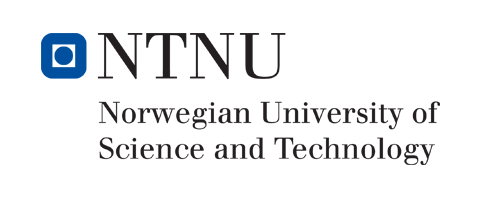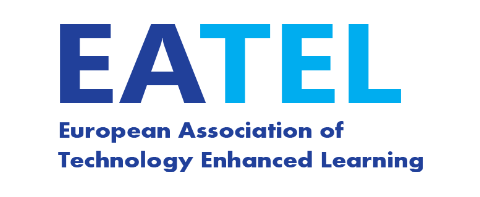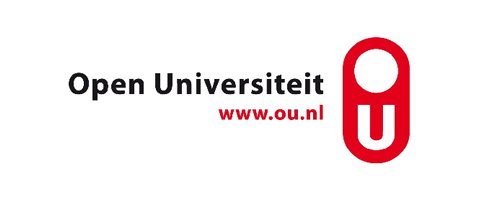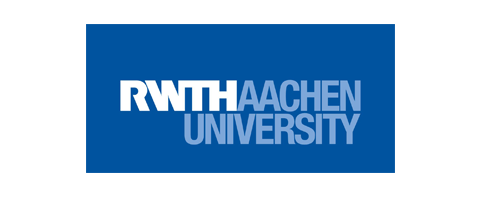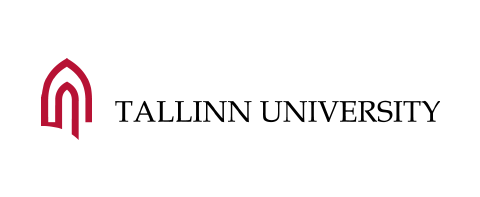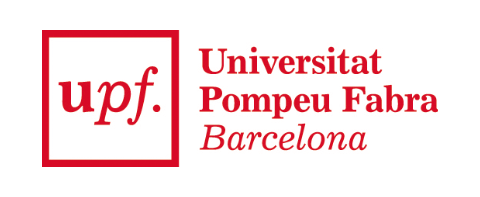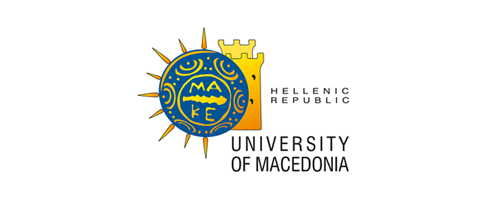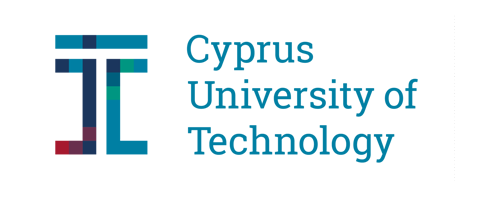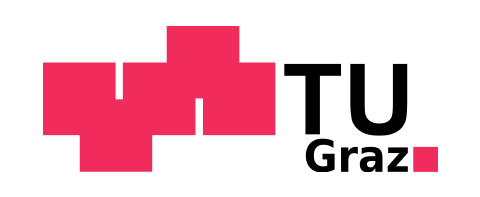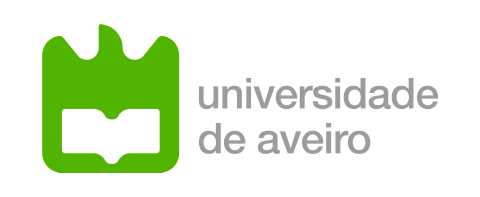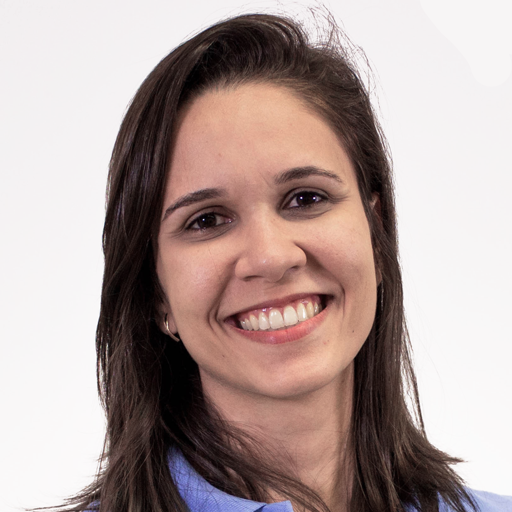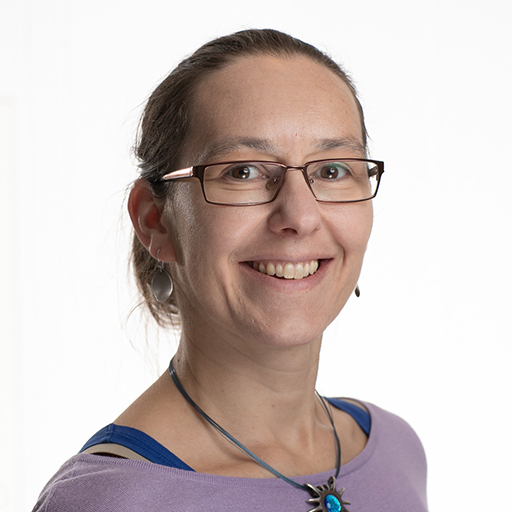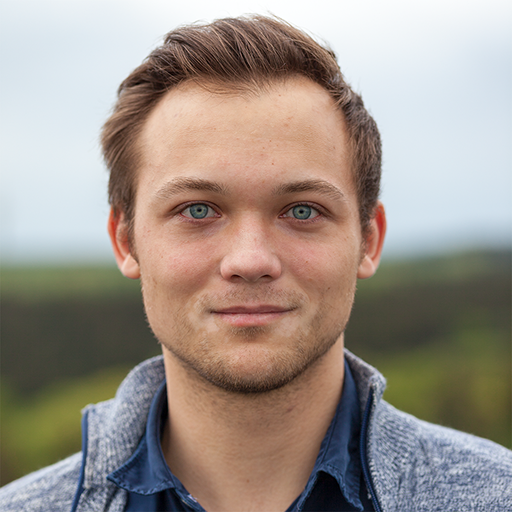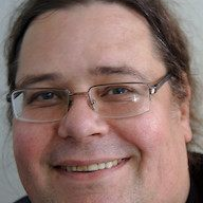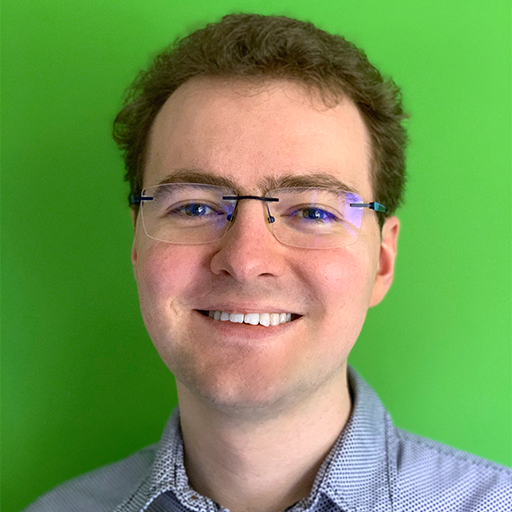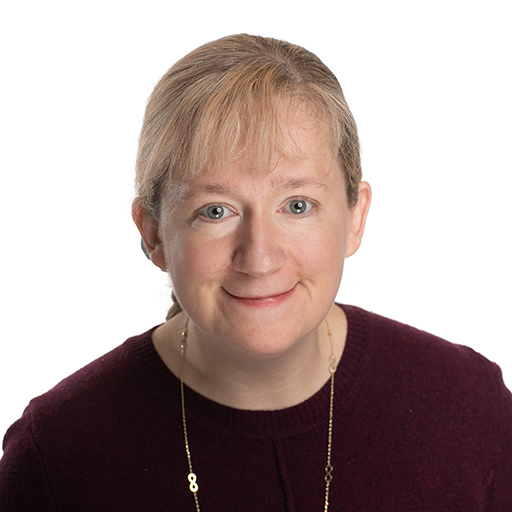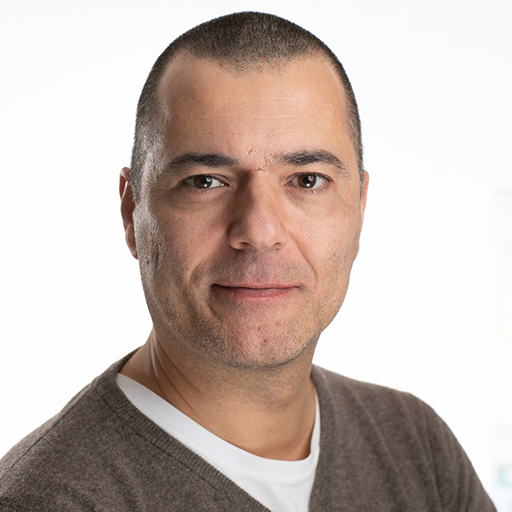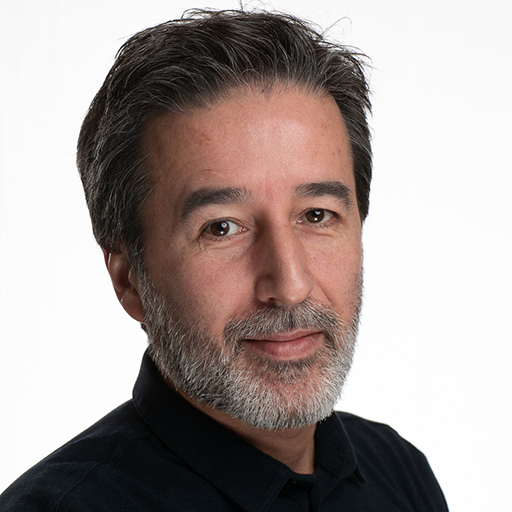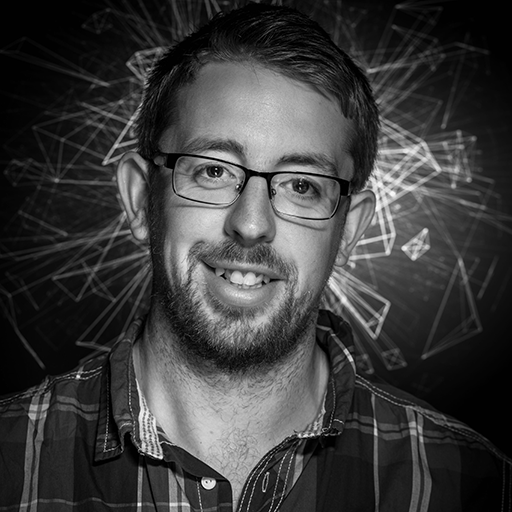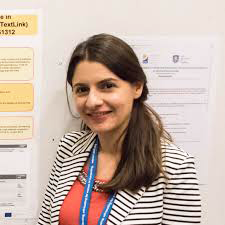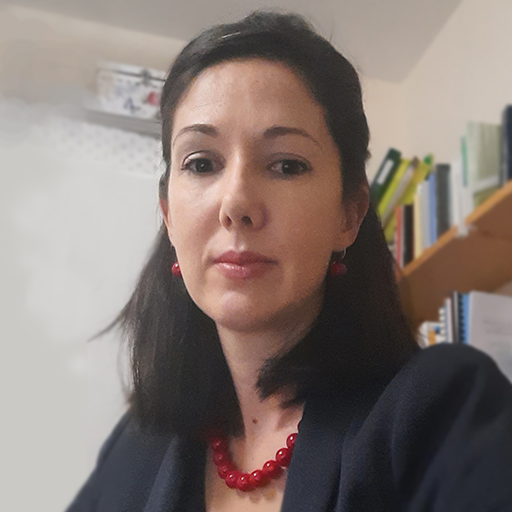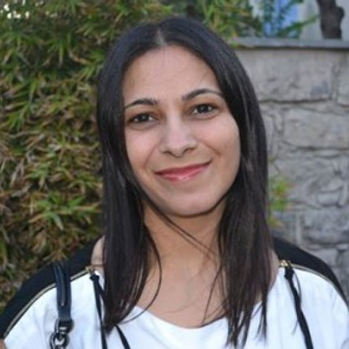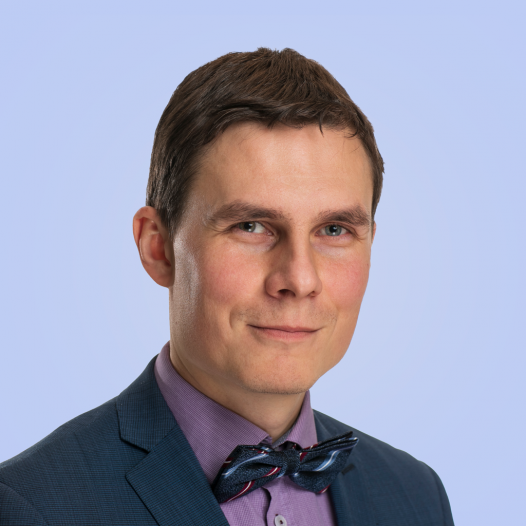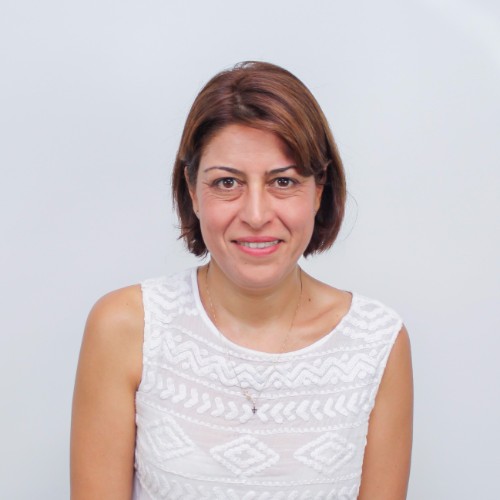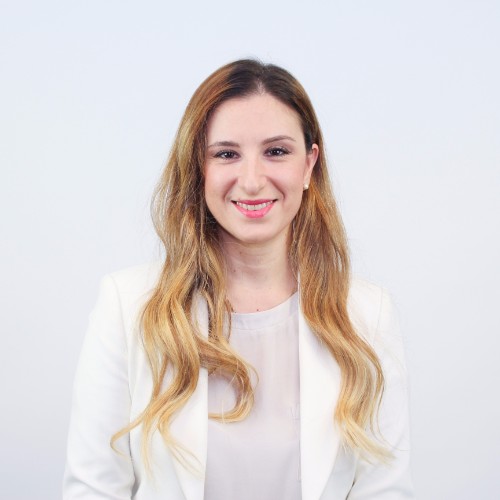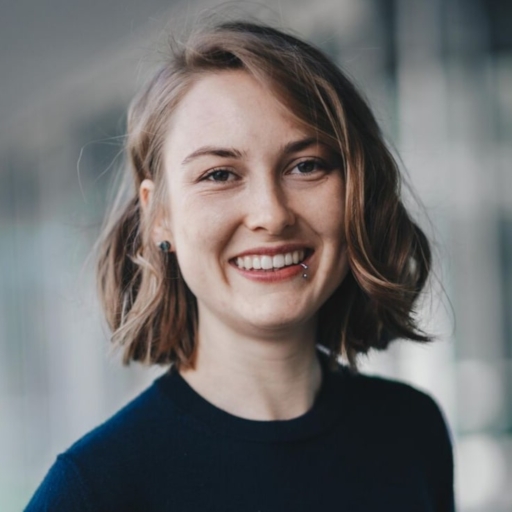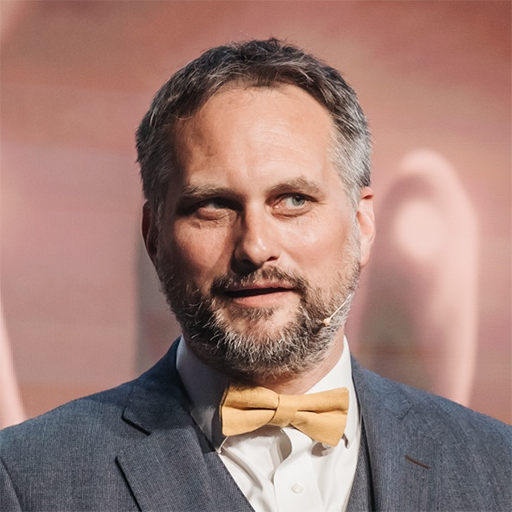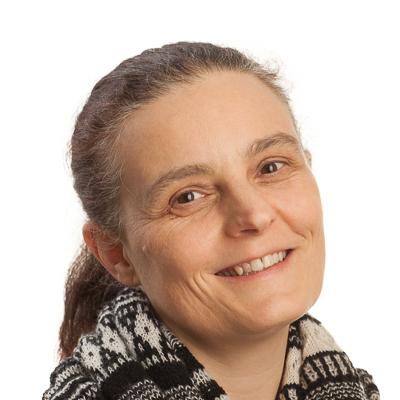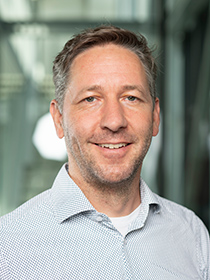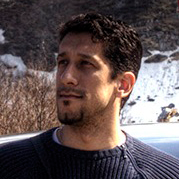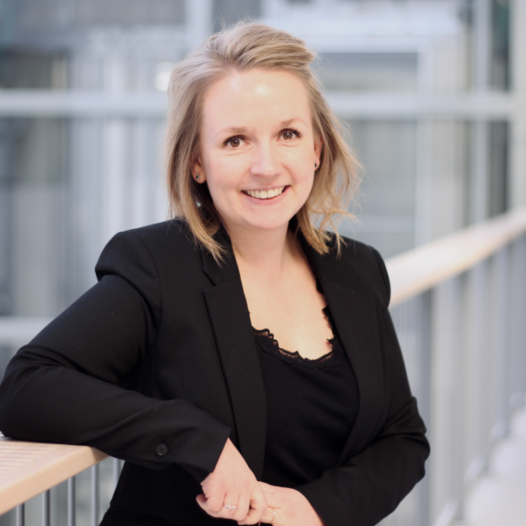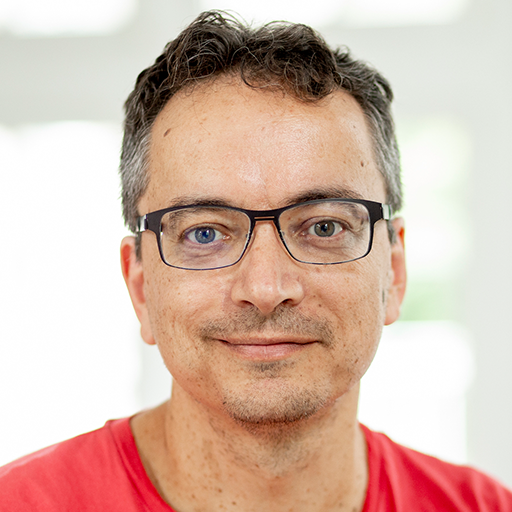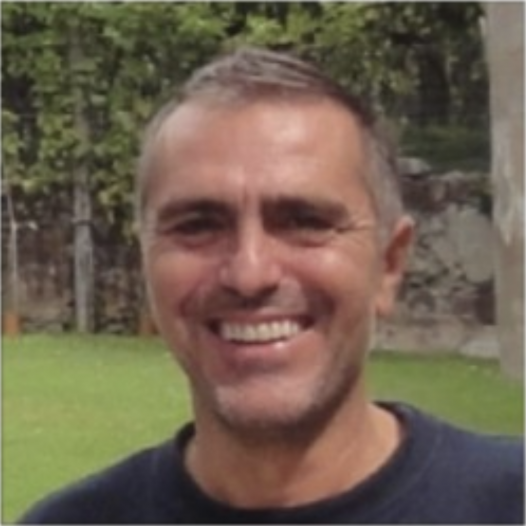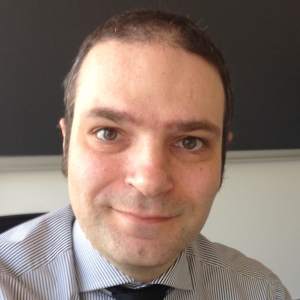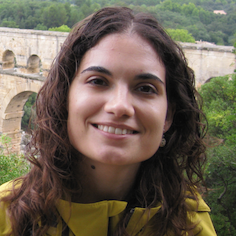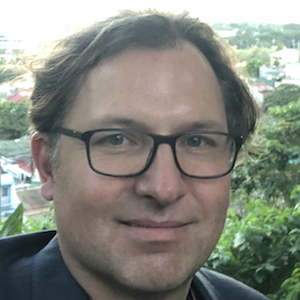
About DE-TEL
Doctoral Education for Technology-Enhanced Learning (DE-TEL) project will establish and deepen a strategic partnership for doctoral education in Technology-Enhanced Learning (TEL). DE-TEL brings together 9 internationally renowned universities and the European Association of Technology-Enhanced Learning to reflect their expertise in doctoral education into a new internationally validated program in TEL, extended with rich and professionally produced Open Educational Resources. The project grounds the design of the new program in the best practices in TEL doctoral education across Europe as well as institutional and national requirements.
DE-TEL will create a new offer in an area of research that finds practical application across Europe as digitalisation of education is in an increasing demand to solve multiple challenges.
Doctoral education in TEL aims to develop expertise in doctoral candidates, provide knowledge from multiple relevant perspectives and allows taking empirically-based decisions in implementing TEL solutions in practice. The goal of DE-TEL is to bring doctoral education in TEL to a new level with high-quality resources and a new internationally designed program to support better curricular integration and avoid fragmentation of the digitalisation agenda in Europe.
DE-TEL team
Lorena Sousa
University of Aveiro, Portugal
Lorena Sousa is a PhD candidate in Multimedia in Education at the University of Aveiro, Portugal. Her PhD research focuses on technology-enhanced learning (TEL), specifically on the development of Open Education Resources (OER) to support the learning of research methods in TEL.
Laia Albó
Universitat Pompeu fabra, Spain
Laia Albó is a postdoctoral researcher in the Research Group on Interactive and Distributed Technologies for Education (TIDE) at Universitat Pompeu Fabra (UPF), Barcelona. Her research interest lies on the use of learning design, educational technologies and intelligent systems to support learning.
Viktoria Pammer-Schindler
Graz University of Technology
Viktoria Pammer-Schindler is an associate professor at Graz University of Technology, and a research area head at the Know-Center, a non-for profit research organisation. Her research is on designing and evaluating socio-interventions for workplace learning and knowledge work; and sits at the intersection of technology-enhanced learning, human-computer interaction and information system research.
Peter de Lange
RWTH Aachen University
Peter de Lange is a researcher and PhD candidate at the RWTH Aachen University (Germany).
Alexander Neumann
RWTH Aachen University, Germany
Alexander Neumann is a researcher and PhD student at the RWTH Aachen University (Germany). His research interests are mainly in the domain of social bots and how they can support learning processes, provide mentoring and aid students through their coursework. The social bots mainly use learning analytics data to create their mentoring suggestions. A special […]
Ralf Klamma
RWTH Aachen University, Germany
Ralf Klamma leads the research group “Advanced Community Information Systems” (ACIS) at the Information Systems chair, RWTH Aachen University (Germany). He is known for his work in major EU and national funded projects for Technology Enhanced Learning (PROLEARN, GALA, ROLE, Learning Layers, TELMAP, Tellnet, CUELC, SAGE, BOOST, VIRTUS, WEKIT, tech4comp, MILKI-PSY and MyEduLife). Ralf organized […]
Benedikt Hensen
RWTH Aachen University, Germany
Benedikt Hensen received the B.Sc. and M.Sc. degrees in Computer Science in 2017 and 2019 from the RWTH Aachen University, Germany. He is currently a doctoral student and working as a Research Assistant at the Chair of Computer Science 5 at the RWTH Aachen University. In 2020, the university awarded him the Springorum commemorative coin […]
Ekaterina Prasolova-Førland
Norwegian University of Science and Technology, Norway
Luis Pedro
University of Aveiro, Portugal
Luís Pedro is an Assistant Professor at the Department of Communication and Arts, University of Aveiro, Portugal, where he lectures in Communication Sciences and Technologies undergraduate, graduate and doctoral courses. He is an integrated member of the DigiMedia research group and his research interests are related to participatory and social media development, integration and assessment […]
Carlos Santos
University of Aveiro, Portugal
Carlos Santos is an Assistant Professor at the University of Aveiro. He is the Programme Director of the Master in Communication and Web Technologies. His research interests are related with promotion of Social Web in educational contexts, gamification, peer-learning and technology for building communities. He is an integrated member of the DigiMedia Research Centre and […]
Aodhán Kelly
Open University of the Netherlands
Aodhán Kelly is a Postdoctoral Researcher within the Technology-enhanced Learning and Innovation research group at the Open University of the Netherlands. He is a member of the Dutch national initiatives Digital Society and the Acceleration Plan: Educational Innovation with ICT. Aodhan has a background in Digital Humanities and research interests in serious games, digital literacy, […]
Antigoni Parmaxi
Cyprus University of Technology
Maria Victoria Soule
Cyprus University of Technology, Cyprus
María Victoria Soulé is a Spanish Language Instructor and Researcher at the Language Centre of the Cyprus University of Technology. She completed her BA in Classical Studies at the University of Barcelona, an MA in teaching Spanish as a Foreign Language from Universidad Complutense de Madrid, an MPhil in Spanish Applied Linguistics and a PhD […]
Anna Nicolaou
Cyprus University of Technology, Cyprus
Anna Nicolaou is an English Language Instructor at the Language Centre of the Cyprus University of Technology (CUT). She is also the Deputy Coordinator of the Learning Developing Network of the CUT. She holds a Ph.D. from Trinity College Dublin (Ireland), focusing on Intercultural Education and Global Competence learning through Virtual Exchange, a Master’s degree […]
Mikhail Fominykh
Norwegian University of Science and Technology, Norway
Mikhail Fominykh is a researcher, developer and enthusiast in the area of technology-enhanced learning. Mikhail is serving as a Secretary and as the Education chair in the executive board of EATEL from 2021 to 2025. Mikhail holds a researcher position in the IMTEL research group at the Norwegian University of Science and Technology – NTNU, […]
Androulla Athanasiou
Cyprus University of Technology, Cyprus
Dr. Androulla Athanasiou is an English Language Instructor at the Language Centre of the Cyprus University of Technology (CUT). She holds an MA in English and Language Studies and Methods from Warwick University (2000), an MA in Educational Leadership from the European University Cyprus (2012) and a PhD in English Language Teaching from Warwick University […]
Elis Kakoulli Constantinou
Cyprus University of Technology, Cyprus
Elis Kakoulli Constantinou is a member of the Special Teaching Staff (English) of the Cyprus University of Technology Language Centre. She is also a teacher trainer at the Cyprus Pedagogical Institute of the Ministry of Education, Culture, Sports and Youth, training teachers of public primary and secondary education on issues related to teaching methodology and […]
Svenja Woitt
Heidelberg University of Education
Studying the Master’s program “E-Learning and Media Education” at the Heidelberg University of Education, Svenja Woitt is an aspiring scholar in the field of Technology-Enhanced Learning. In 2019, she completed the interdisciplinary Bachelor’s programm “Liberal Arts and Sciences” at the University College Freiburg. Currently working as office assistant at the European Association for Technology-Enhanced Learning, […]
Fridolin Wild
The Open University, United Kingdom
Prof Wild has published over 150 peer-reviewed papers, journal articles, and book chapters, and seven books. His €2.7m funded project ‘Wearable Experience for Knowledge Intensive Training (WEKIT)’ investigated AR technology supporting astronauts, doctors, and engineers with immersive training. His technical leadership of the €3.9m ARETE project on building a Europe-wide competitive ecosystem for XR interactive […]
Monica Divitini
Norwegian University of Science and Technology, Norway
Monica Divitini is professor of Cooperation Technology at the Department of Information and Computer Science, NTNU, Trondheim, Norway. She holds a PhD in Computer Science from Aalborg University, Denmark. Her research interests lie primarily in the areas of cooperation technology and technology enhanced learning, with focus on the development and evaluation of cooperation technologies addressing issues connected to […]
Tobias Ley
Danube University Krems, Austria and Tallinn University, Estonia
Luis P. Prieto
Universidad de Valladolid, Spain
Kairit Tammets
School of Digital Technologies, Tallinn University, Estonia
Roland Klemke
Open University of The Netherlands, The Netherlands / TH Köln, Germany
Prof. Dr. Roland Klemke is chair of the department of Technology-enhanced Learning and Innovation of the Faculty of Educational Science of the Open University of the Netherlands. He leads national and international research projects in the TEL field. Research topics include artificial intelligence for education, multimodal learning experiences, augmented- and mixed-reality, multi-sensor architectures, serious gaming, game-based […]
Anastasios Economides
University of Macedonia, Greece
Maria Perifanou
University of Macedonia, Greece
Dr. Maria Perifanou is an adjunct lecturer in Applied Linguistics at the Faculty of Italian Language & Literature at the Aristotle University of Thessaloniki and an adjunct academic staff at the Hellenic Open University at TESOL Master’s Programme. She works also as a senior researcher at the Smart and Mobile Learning Environments (SMILE) Lab of […]
Christian Glahn
Zurich University of Applied Sciences, Switzerland
Davinia Hernández-Leo
Universitat Pompeu fabra, Spain
Davinia Hernández-Leo is a Full Professor at the Department of Information and Communications Technologies Department (DTIC) at UPF, the coordinator of the Interactive and Distributed Technologies for Education group (TIDE), Vice-Dean of the UPF Engineering School and the Head of its Unit for Teaching Quality and Innovation. She obtained a degree and a Ph.D on […]
Marco Kalz
Heidelberg University of Education, Germany
Marco Kalz is a full professor of technology-enhanced learning at the Heidelberg University of Education. He is also affiliated to the UNESCO chair of open education of the Open University of the Netherlands. His research interest lies on the use of open education, pervasive technologies and formative assessment to support self-directed lifelong learning. He has […]
DE-TEL Objectives
- to identify good practices in doctoral education in TEL by conducting a survey of content, topics, teaching methods, and administrative settings
- to develop a new program for doctoral education in TEL and OERs available and sustainable via technical infrastructure
- to evaluate the new program for doctoral education in TEL in a series of training events for PhD students and teaching staff across Europe
- to exchange and spread good practices in doctoral education in TEL across Europe
DE-TEL Beneficiaries
- Doctoral candidates from participating universities, enrolled TEL programs are direct end-users of the project outputs.
- European universities from the partnership and beyond who currently have or are planning to open doctoral programs in TEL
- Instructors and PhD supervisors are also direct beneficiaries of the project, as they will receive an internationally designed state-of-the-art program supplemented with high-quality teaching resources.
DE-TEL Winter Schools
The two DE-TEL winter schools will contribute to the project’s effort on improving knowledge and research of PhD candidates in TEL, promote excellence in teaching at the doctoral level, spread best practices in teaching the complex topic of TEL at the doctoral level in both face-to-face and online modes. The two training events will follow the principles of Intensive Study Programmes for Higher Education learners. The program of the events will be designed for doctoral candidates, but we also plan to allow senior academic staff to participate as learners. The main objectives of the DE-TEL training events are to implement and evaluate the DE-TEL training program and resources, evaluate and share OERs and continue building the DE-TEL doctoral education community as a facet or sub-group of the European TEL research community, contributing to Continuous Professional Development of the doctoral candidates.
DE-TEL Outreach Events
Eight public events on national and EU levels will be the main activities of dissemination and communication for relevant stakeholders who are essential not only as the target audience, but also as subjects for the pre-study survey, users and co-designers of the program and the materials, multipliers of the knowledge generated in the project, and a source of valuable feedback. Via the European Association of TEL involved as a partner, the project will reach wider audiences across Europe and ensure the long-term availability and sustainability of the project results.
DE-TEL Impact
DE-TEL impact will be strongest at the EU level, while also providing benefits to society and the economy on local, regional and national levels, along with other Erasmus+ and EU activities. Through intensive cross-border and inter-disciplinary cooperation, the project will trigger processes and produce results that are likely to become self-sustaining and develop further, such as standards of excellence in doctoral education in the field of TEL. The project will have impact on development of transversal skills among doctoral candidates, their supervisors and researchers, with a life-long value in the settings of continuously changing lifelong learning and societal challenges.
Disclaimer
This project has received funding from the European Union’s Erasmus Plus programme, grant agreement 2019-1-NO01-KA203-060280.
